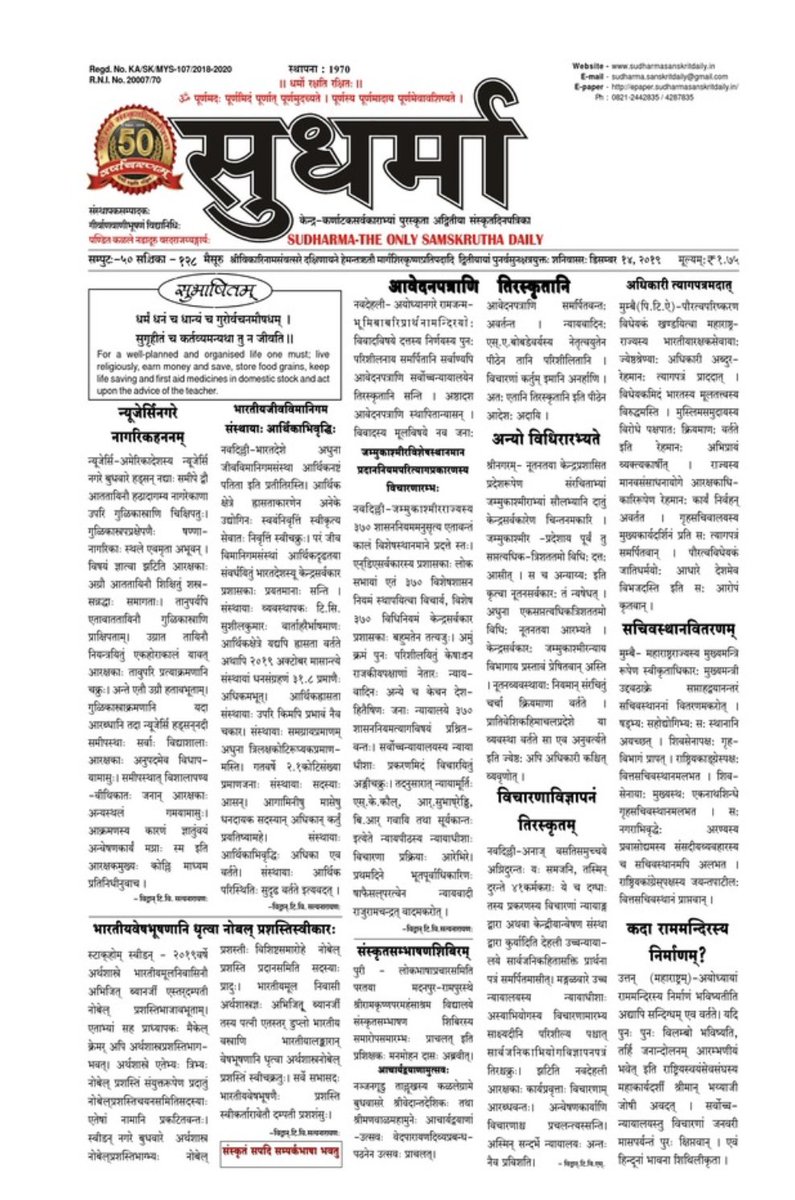The former see this as discrimination against people who hold certain beliefs
The latter view Hinduism as an ethnocultural marker that makes it easier to be loyal to the Indian state
But they talk past each other.
The liberal view with its origins in Anglo Saxon Christendom understands religion primarily in terms of theological belief
Religion is about what you believe in. And we must not hold that against you
It is about what you eat. How you dress. The vocabulary you use. The pilgrimages you visit
And this has implications for how you will relate to a country.
If you happen to be a Hindu "foreigner" you will likely relate to India a lot better than any other foreigner
E.g. Till 1965, America favored Western European immigrants a LOT more than say Indian or Chinese immigrants
There was ethnic bias. But this was not *based* on Christianity
Ethnic filters in immigration policy and country wise quotas is viewed as OK. Even today the bias does exist though to a lesser extent
Then it becomes less about ethnicity. But more about what you believe in.
This is where there is a fundamental conflict with mainstream opinion in India - which does not view religion in terms of plain belief
And people brought up in a world view moored in Christendom and Europe can never quite relate to this
He merely sees it as a filter that identifies people who can relate to India much more easily
My issue with it is in the singling out of Muslims. I'd have been OK if CAB had favored Hindus and discriminated against everybody else
But by singling out Muslims (and not other Non-Hindus), CAB creates bad optics
Why should we gauge likely loyalty to the Indian state based on ethnocultural markers at all?
The sensitive "problem regions" in modern India, be it J&K, parts of North East, or even parts of Kerala / Bengal are precisely those regions where the demography is biased towards groups which do not share mainstream H-culture
Five very large Indian states down south speak languages that are from a different family compared to languages of the north
Yet that's less of a problem. Because of the ethnocultural connect (through Hinduism) with rest of India
This just goes to show the "cultural" commonality offered by Hinduism is more critical in holding the nation together than lingual affinity
It is not the English language - which is my first language
It is not Christianity - doesn't bother me
It is the "smell" from food stalls - a peculiar smell you dont find in India
But in a different cultural universe
It is this sense of foreign-ness that made me appreciate why "cultural" markers matter in relating to a nation






